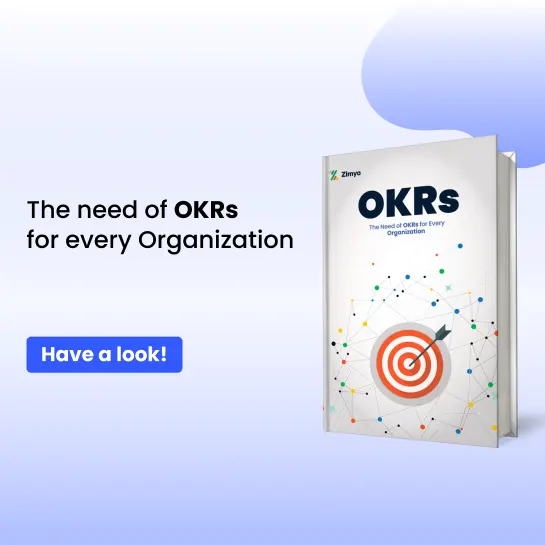Have you heard the latest news about Karnataka 24×7 Shops and Commercial Establishments Regulation? If you run a shop or work in one, this is a big deal! Recently, the Government of Karnataka made a bold move to allow shops and commercial establishments employing 10 or more workers to stay open 24 hours a day, seven days a week. But what does this mean for employers, employees, and customers?
Karnataka 24×7 Shops and Commercial Establishments Regulation is expected to boost economic activity and offer greater convenience for customers, while ensuring that employees’ rights are well-protected. Let’s go into the details and see what these new rules are all about.
Why the 24x7 Rule?

You might be wondering why the government introduced this change. The goal is simple: to increase economic activity and offer businesses more flexibility. The move by the Karnataka State to allow 24×7 operations is designed to accommodate increasing consumer demand while creating more business opportunities. However, the government hasn’t forgotten about worker rights. The rules come with specific provisions to make sure that the employees are treated fairly and safely.
Key Provisions of the Karnataka 24x7 Shops and Commercial Establishments Regulation

Now, let’s get into the specifics. This regulation comes with a set of important provisions that businesses must follow. Here are some of the most critical points:
1. Staffing and Employee Rights
To make sure employees aren’t overworked, employers must hire additional staff. This makes sure that each and every worker gets one day off per week, on a rotational basis. It’s important to note that the details of employees on leave must be clearly displayed at the workplace, so that everything is transparent.
2. Wage Regulations
Worried about overtime? The regulation covers that too. All wages, including overtime, must be credited to employees’ savings bank accounts in line with the Payment of Wages Act. Employees can only work a maximum of 8 hours per day and 48 hours per week. Additionally, overtime is capped at 10 hours per day and cannot exceed 50 hours in three months.
3. Penal Actions
What happens if employers don’t comply? There are consequences. If a business makes employees work on holidays or outside designated hours without proper overtime pay, they could face penalties. This regulation is strict about protecting workers from exploitation.
Special Focus on Women’s Safety
One of the standout features of the Karnataka 24×7 Shops and Commercial Establishments Regulation is its focus on women’s safety. Women are generally not allowed to work past 8:00 PM unless they give written consent to work between 8:00 PM and 6:00 AM. Even with consent, businesses must provide adequate safety measures, including transportation for women working late shifts.
Employers must also clearly display information about safety protocols for women working at night. These rules aim to ensure that women feel safe and secure at work, especially during late hours.
Basic Amenities and Anti-Harassment Measures
The Karnataka 24×7 Shops and Commercial Establishments Regulation also mandates that employers provide essential amenities such as restrooms, washrooms, and safety lockers. It’s not just about keeping the shops open—this regulation ensures that employees work in a healthy and safe environment.
For businesses that employ women, there’s an additional requirement to form internal committees to address sexual harassment complaints. This follows the Sexual Harassment of Women at Workplace (Prevention, Prohibition, and Redressal) Act, which aims to ensure that women have a safe and supportive work environment.
What Does Compliance Look Like?
If you’re an employer, compliance is key. Failing to follow these new rules could result in serious penalties. Labor inspectors will be responsible for enforcing the Karnataka 24×7 Shops and Commercial Establishments Regulation, so it’s crucial for businesses to stay on top of these requirements. Remember, this regulation doesn’t replace existing labor laws—it adds to them.
How Does This Regulation Benefit Businesses and Employees?
For businesses, the ability to operate 24×7 provides a competitive edge. Imagine being able to serve customers around the clock. Thus, offering unparalleled convenience. This could increase footfall and sales. Especially in industries like retail and hospitality.
For employees, the benefits include greater job opportunities, fair wages, and safe working conditions. The regulation also ensures that employees are not overworked and receive proper compensation for overtime.
Conclusion: A New Era of Flexibility & Fairness
The Karnataka 24×7 Shops and Commercial Establishments Regulation marks a major shift in how businesses operate. By allowing 24-hour operations, the state is pushing for increased economic activity while keeping employee rights front and center.
Women’s safety, wage regulations, and penalties for non-compliance all ensure that the workforce is treated fairly in this new, more flexible environment. Employers now have the opportunity to grow their businesses, but they must do so responsibly. This regulation balances business growth with worker protection, creating a win-win situation for all.
So, what do you think about Karnataka 24×7 Shops and Commercial Establishments Regulation? Will it boost business while safeguarding employee rights? Give it a thought!
Reference: Deccan Herald






